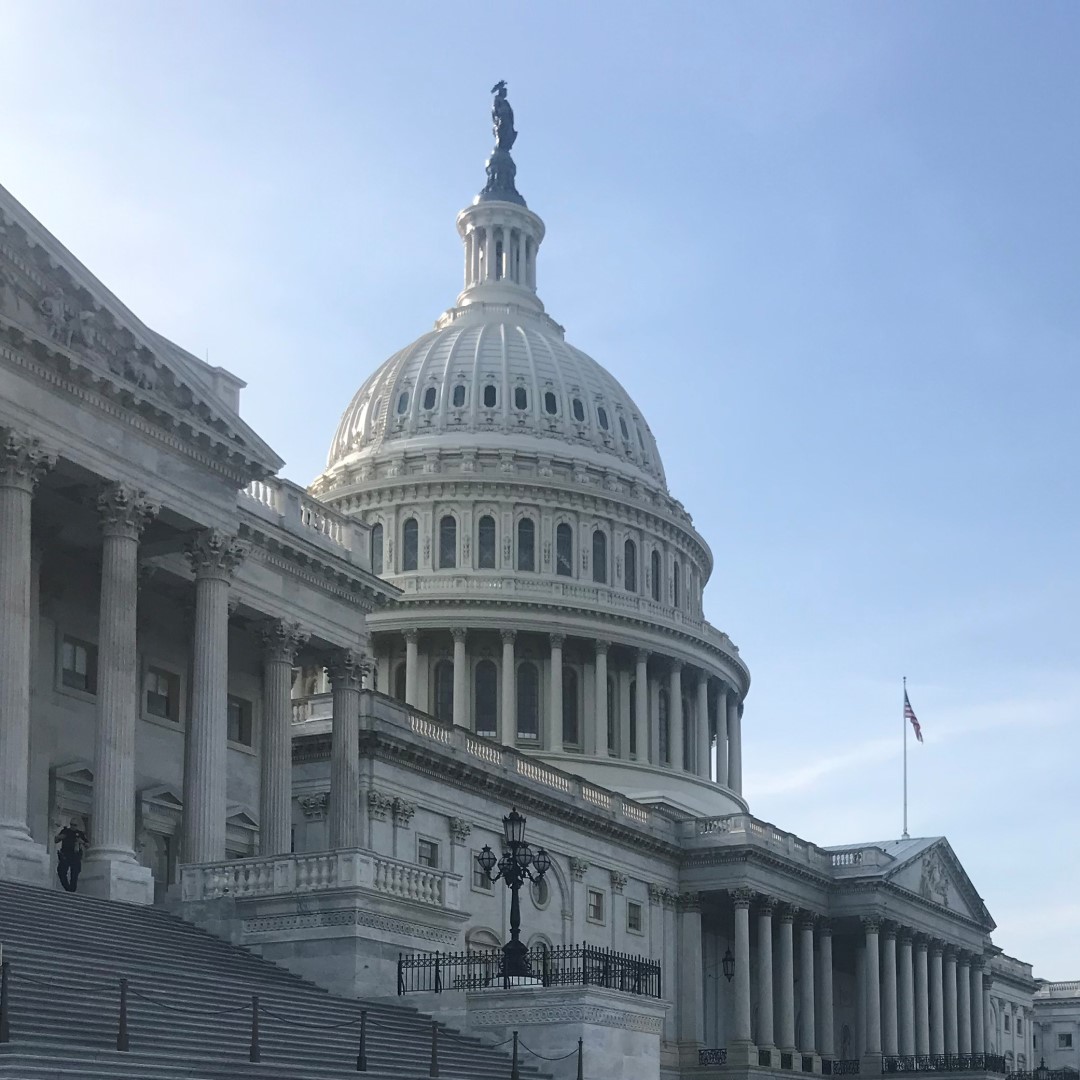
Halted NIH Clinical Trials List Reveals Slashed Treatments for Cancer, COVID and Minority Health
On Nov. 20, 2025, the National Institutes of Health (NIH) has canceled funding for at least 383 clinical trials in the last year, affecting some 74,000 participants.
Sickle cell disease, sleep disorders and lung cancer: these are just a few of the medical issues that were under investigation in at least 383 clinical trials that have had research grants terminated by the NIH since February. That’s about 1 in 30 of all the clinical trials—tests of medical interventions in human volunteers—funded by the federal agency, which has a $48-billion research budget, according to a study published in JAMA Internal Medicine.
The full list of 383 shelved clinical trials cited in the JAMA paper, obtained by Scientific American, reveals a wide range. The cuts follow a Trump administration drive to slash costs and cull funding for studies “misaligned” with its priorities; some 74,000 study participants have been affected by the trial cuts, according to the study.
People volunteer to join clinical trials for many reasons, whether out of a desire to help science or to access a new, promising drug. Everyone who participates in a trial exposes themselves to risk, but canceling the trials can also cause harm, says epidemiologist Bruce Psaty of the University of Washington.
People volunteer to join clinical trials for many reasons, whether out of a desire to help science or to access a new, promising drug. Everyone who participates in a trial exposes themselves to risk, but canceling the trials can also cause harm, says epidemiologist Bruce Psaty of the University of Washington.
“The intrusion of politics into the NIH with such a profound revision of its funding decisions is not among the traditional ethical reasons for stopping clinical trials early,” says Psaty, after reviewing some of the list.
“This intervention not only broke the original promise to participants of contributing to medical knowledge but it also subjected the participants, investigators, and their institutions to potential unanticipated harms,” he says.
Tags:
Source: Scientific American
Credit:
